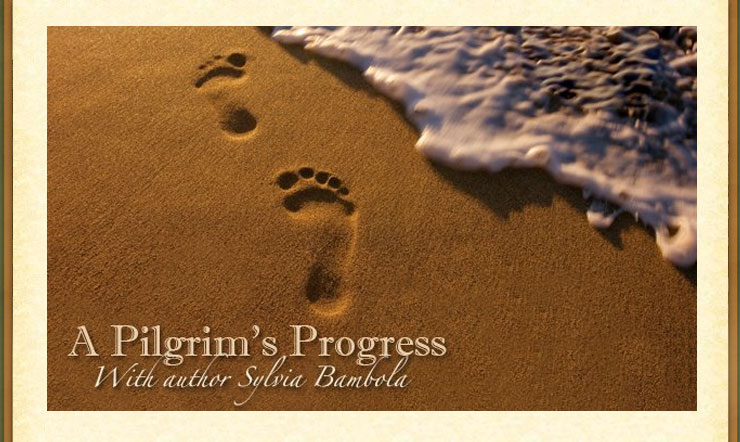Valley of Shaveh
Monday, 16 May 2011 11:04:00I was surprised to find Abraham in another valley, the Valley of Shaveh (Genesis 14:17-20) right after his victory over King Chedorlaomer. Why was he there and not back up in the mountains since valleys are taken as low points in our lives? Only after giving it some thought did it seem reasonable. God had given Abraham a great victory, but the victory came with a price. The Bible calls what happened in the last valley, the Valley of Siddim, a “slaughter”. Abraham had been at war. He had blood on his hands. He had killed many. And he had made enemies. Would the sons or relatives of those enemies seek revenge? These things had to weigh heavily on his mind. No wonder he had no peace.
But here’s the good part, while he’s lingering in this low point, Melchizedek, priest of the most high God and King of Salem, the very King of Peace—for Salem means peace—comes to Abraham bearing bread and wine, and blesses Abraham. And by this blessing he assures Abraham that God was still with him, thus restoring his peace. And who is this Melchizedek? The pre-incarnate Jesus, the ever-existing One, who appears many times in the Old Testament. In Hebrews 5:6, speaking of Jesus, it says, “Thou are a priest for ever after the order of Melchisedec”, and Hebrews chapter 7 goes into more detail.
Oh, there is so much in these passages of Genesis! It would take a proper Bible study to lay it all out. But suffice it to say, that after we have been in a valley of conflict, and the conflict is now over, it still may be difficult to regain our peace. So many unpleasant things happen during a conflict. People are wounded, relationships may be destroyed, and this could leave us still trapped in a valley of remorse, despondency, or fear of the unknown. But praise God! Jesus is willing and able to meet us there like He did Abraham. And if we commune with Him (symbolized by the bread and wine brought by Melchizedek); if we spend time in fellowship with Jesus, He will restore us back to a place of peace, and bless us going forward. What a gracious God we serve!
Until next week,
Sylvia




